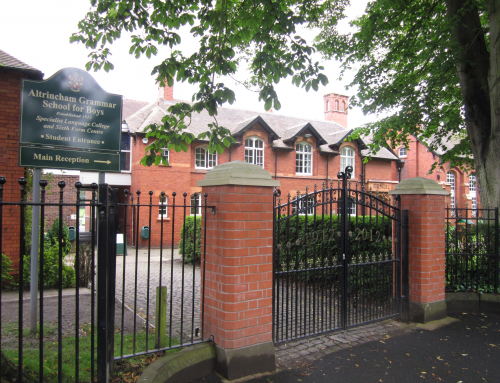 A recent edition of the Radio 4 PM programme from the new Weald of Kent constituency highlighted the problems of selection in Kent. Parents eloquently described their dissatisfaction with the local education system. “Creaming off of the wealthiest children to private schools, creaming off the most academic children to grammar schools, and what you are left with is no longer a comprehensive school.” The interview is around the 32 minute mark at the link HERE.
A recent edition of the Radio 4 PM programme from the new Weald of Kent constituency highlighted the problems of selection in Kent. Parents eloquently described their dissatisfaction with the local education system. “Creaming off of the wealthiest children to private schools, creaming off the most academic children to grammar schools, and what you are left with is no longer a comprehensive school.” The interview is around the 32 minute mark at the link HERE.
We can only hope that politicians listened to these views, and understand that selection is not universally popular, as many seem to think.
As an election approaches, we do not expect our campaign cause to feature in the major party’s manifestos. However, the Green Party, admirably, has a long-standing commitment to a fully comprehensive education system.
CF plan to contact parliamentary candidates ahead of the election, to raise awareness of our campaign and seek support. The personal touch is always likely to win more attention, so please raise the issue of selection if candidates knock on your door, or if you attend local hustings. You can find your local candidates via the Who Can I Vote For? website if you wish to write to them.
You might wish to make some of these points:
- The 11-plus test was phased out in the vast majority of the UK decade ago, yet this outdated and unfair system still affects around 19% of England’s schoolchildren. In 2024, it still causes stress, disruption and demoralisation in thousands of primary and secondary schools throughout England.
- Disadvantaged pupils are underrepresented in grammar schools: just 5% of grammar school pupils are on free school meals, while the average in non-selective schools is 23%.
- 92% of primary heads in selective areas believe the 11-plus negatively impacts pupil’s self-esteem when children fail the test.
- Research shows the 11-plus is inaccurate for around a third of the pupils it judges, stress or nerves mean any child might have a bad day in a one-off test.
- A major study of 500,000 pupils in England showed “results from grammar schools are no better than expected” once social stratification (such as poverty, ethnicity, language, special educational needs) is taken into account.
An excellent comment piece from Jake Anders of the UCL Centre for Education Policy & Equalising Opportunities (CEPEO) explains why reforms to school admissions would make a significant difference in equalising opportunities. CF is not alone in prioritising this issue. Jake explains that, “grammar schools are highly socially selective.” The article is HERE.
Whichever party wins the next election CF will continue to lobby for admission reform, and we hope to find new allies in parliament.





